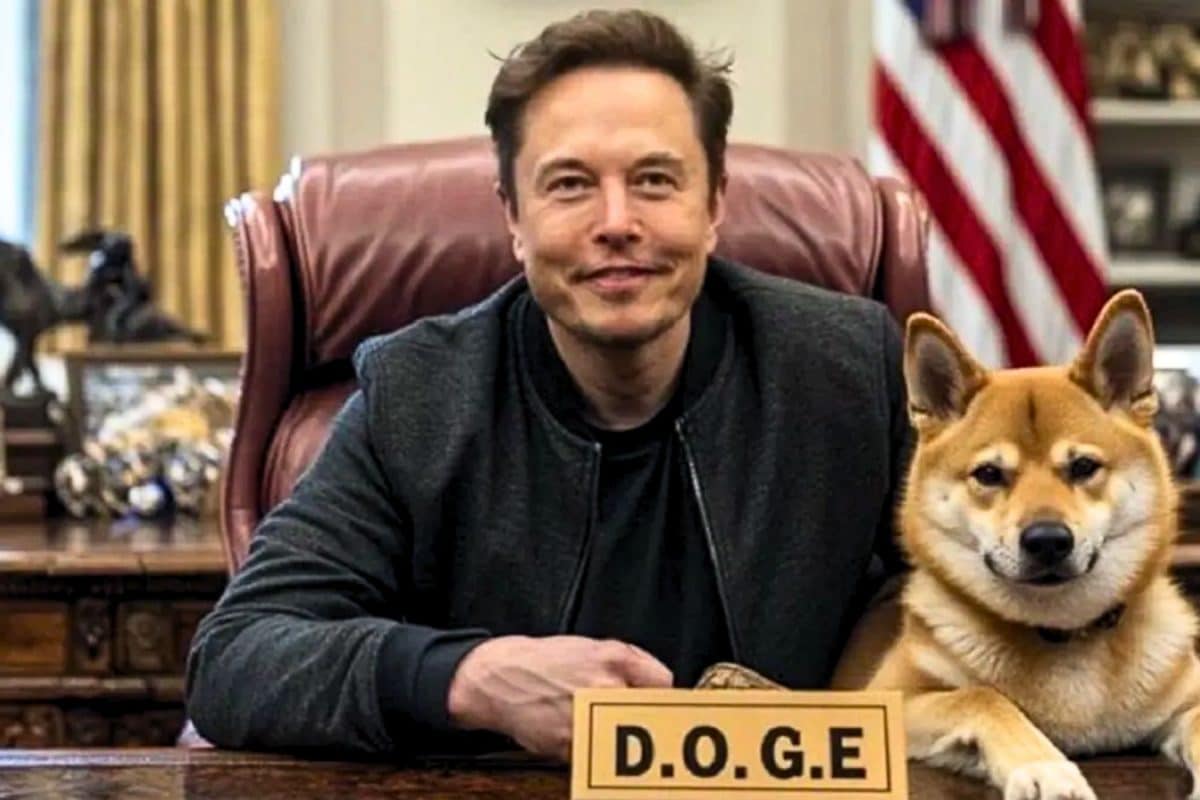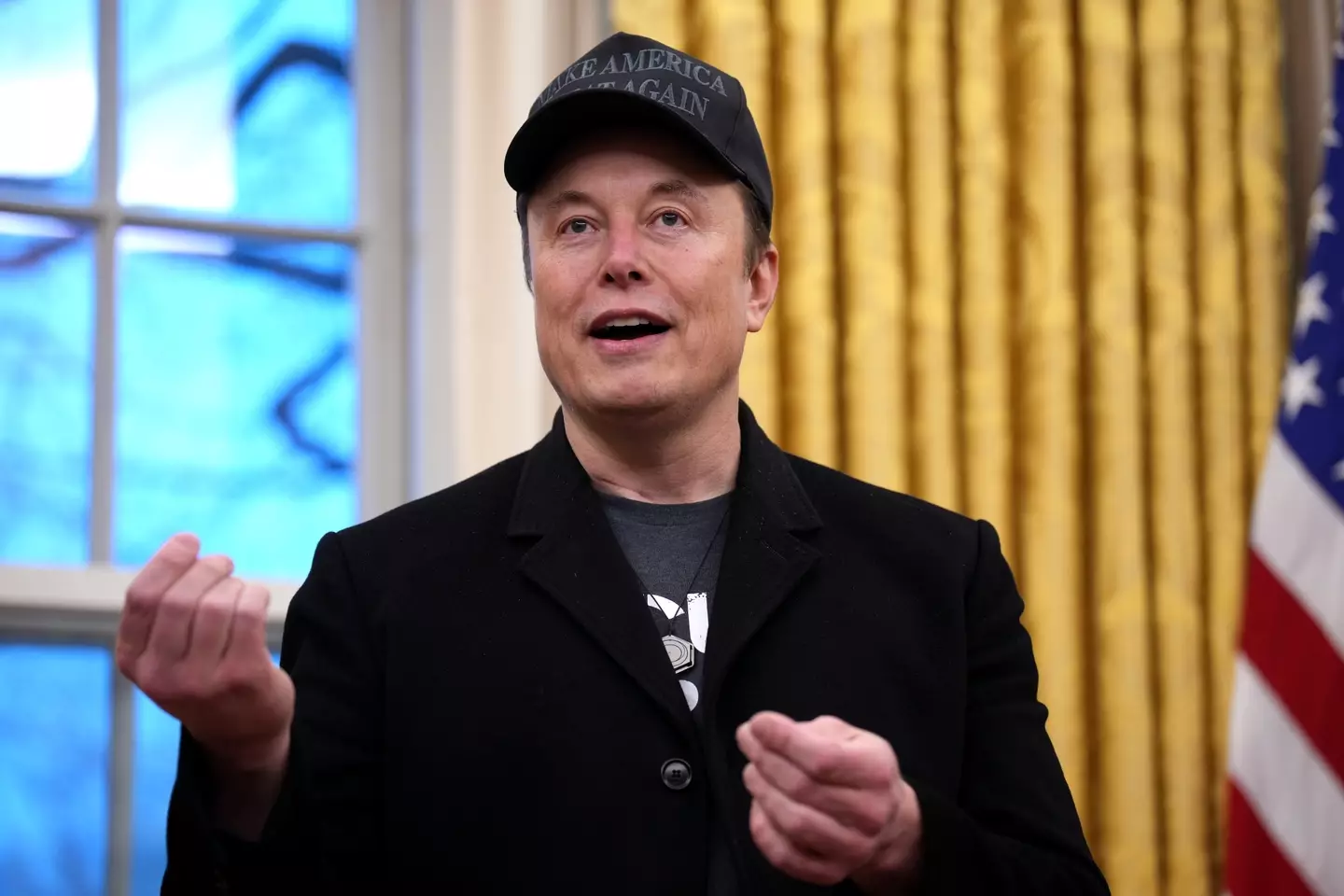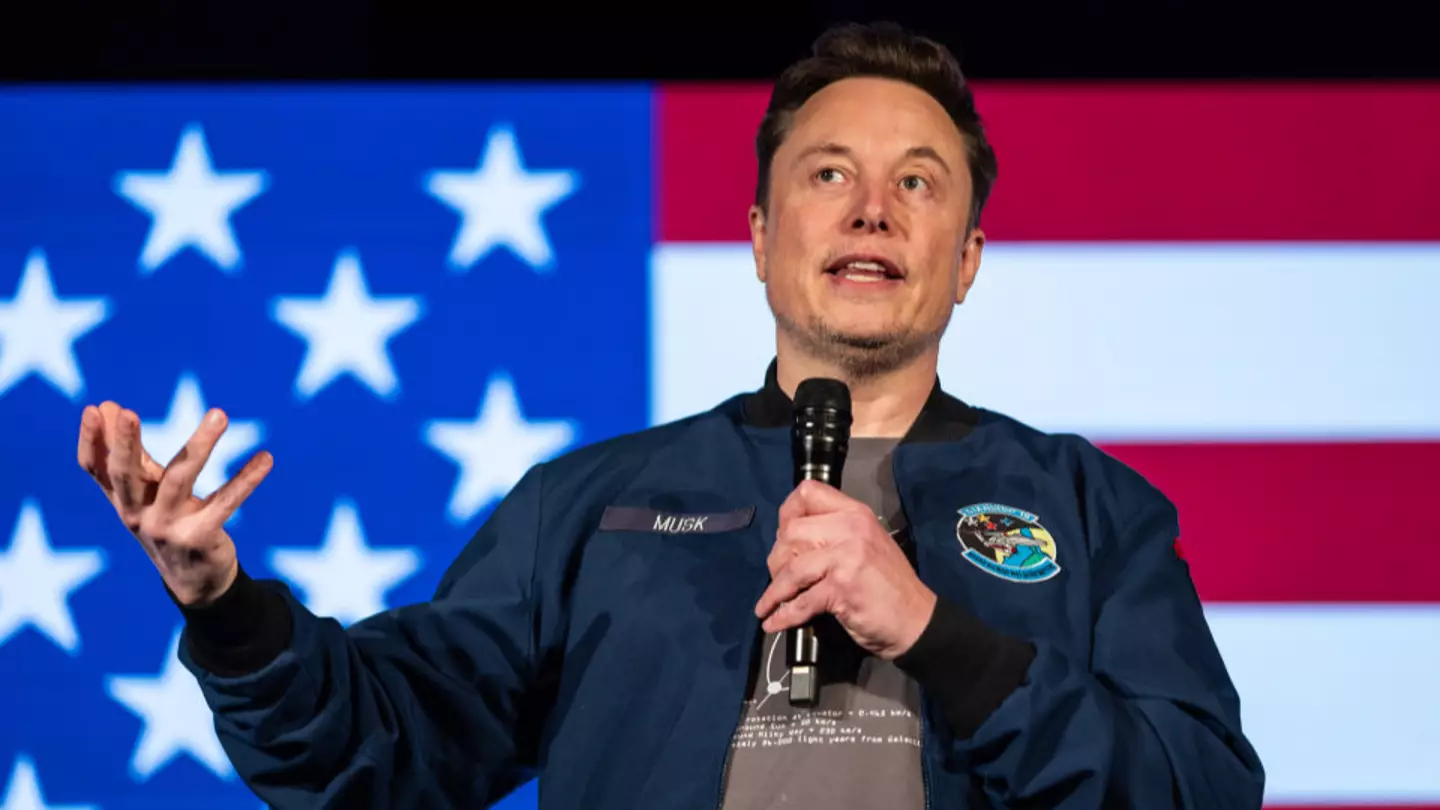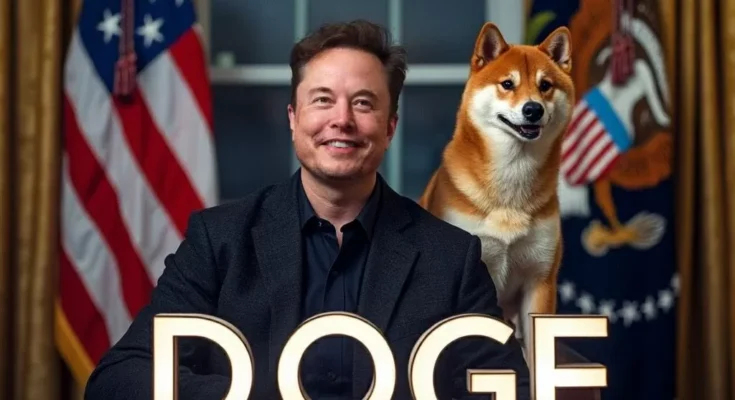Elon Musk’s involvement with the Department of Government Efficiency (DOGE) has sparked widespread attention following a bold claim made by the department in a recent social media post. The revelation centered on a significant issue concerning the traceability of $4.7 trillion in Treasury payments and the steps being taken to improve transparency in government financial processes.

A Commitment to Transparency

On February 17, DOGE took to Twitter to share its findings, revealing that a substantial portion of Treasury payments had not been properly accounted for due to the optional nature of the Treasury Access Symbol (TAS) field. The TAS is an identification code that links Treasury payments to specific budget line items, serving as a crucial tool for financial tracking.

DOGE’s post stated: “In the Federal Government, the TAS field was optional for ~$4.7 trillion in payments and was often left blank, making traceability almost impossible. As of Saturday, this is now a required field, increasing insight into where money is actually going. Thanks to @USTreasury for the great work.”
By making TAS a mandatory field, the department aims to enhance transparency and accountability in government spending, ensuring that every dollar is properly documented and accounted for.
Musk’s Praise and Role in the Initiative

Elon Musk, who has been closely linked to DOGE, praised the change in a Twitter post, calling it a “major improvement in Treasury payment integrity.” He further acknowledged the collective efforts of the Department of Government Efficiency, the Treasury, and the Federal Reserve in bringing about this reform.
Musk’s association with the department dates back to December of the previous year when former President Donald Trump announced his appointment. Trump stated, “I am pleased to announce that the Great Elon Musk, working in conjunction with American Patriot Vivek Ramaswamy, will lead the Department of Government Efficiency.”
Since Ramaswamy’s departure, Trump has consistently referred to Musk as the leader of the department. However, recent statements from the White House indicate a different reality regarding Musk’s position and authority.
Clarifications on Musk’s Role
Despite Trump’s assertions, the White House clarified in a court filing that Musk does not have formal decision-making power within DOGE. Instead, he serves as a senior advisor to the president, a role that is purely advisory and does not grant him direct authority over government decisions.
A statement from the White House emphasized this, stating, “Like other senior White House advisors, Mr. Musk has no actual or formal authority to make government decisions himself.” The statement further clarified that Musk, like other advisors, can provide input but does not hold an official leadership position in the department.
Joshua Fischer, Director of the Office of Administration at the White House, also weighed in, explaining that Musk holds the title of a ‘non-career special government employee’ and serves solely in an advisory capacity.
Conclusion
While Musk’s involvement with DOGE has attracted significant attention, his role remains that of an advisor rather than an official government leader. Nevertheless, his support for increased transparency in Treasury payments marks an important step toward greater accountability in federal financial operations. The recent policy change regarding TAS implementation represents a noteworthy achievement in government efficiency, with implications for improved oversight of public funds.



